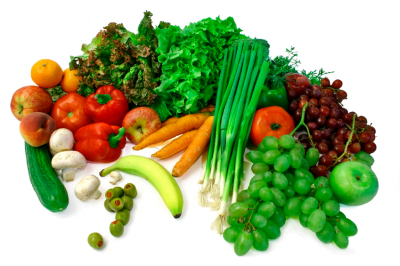
Athavi's post is a very interesting and also relevant for all of us, since we all eat food. Her position is that we should try to stay away from pesticides and other dangerous food cultivation processes. Money should not take precedence over the quality of food, especially when there are unknown consequences for the ingestion of food treated with toxic pesticides. While those against organic farming point at high prices and perhaps an increase in danger since the USDA does not check organic produce, there seems to be a void in that argument. In order for one farm to gain organic certification, it takes years and years of work and investment. On top of time and money invested, the farms also have a greater loss of produce when disease or insect invasion occur, therefore prices have to cover for the loss of produce that may not have happened if pesticides were used.
For consumers, it comes down to how tight a budget a person is on while shopping for groceries. If one can afford organic, I’m not sure why you would prefer commercial agriculture over organic. There are claims that organic foods may be dangerous to consumers because of the “natural” fertilizers are actually more hazardous than conventional fertilizers. Apparently for consumers, we have a choice between harsh chemicals or natural toxins, or which farming method you approve of.
Athavi’s blog post was very clear, and connected her personal thoughts with resources on both sides of the organic food debate. Her sources could have been a little more recent than 2007 and 2008, but they are sufficient. I agree with her thoughts that money should not trump quality, but fresh, quality produce that does not hurt the people or the land should be the ideals of consumers and farmers alike.

